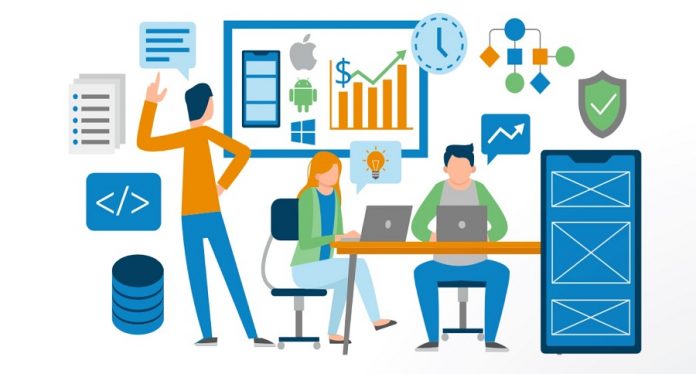According to the recent job outlook reports, Data Analysts would be among the top ten most-demanding job profiles in the Big Data industry. By 2020, almost 95% of the top Fortune 1000 companies plan to hire at least one data analyst to manage their Big Data operation and grow their Business Intelligence teams. However, only one-fifth or lesser number of IT engineers with at least 2 years of experience truly exploring the opportunities lying with the Data Analytics industry.
Almost 50% of the current job positions in the industry are vacant – With a certification course in Data Analytics, anybody can grab this opportunity!
What you can learn in Data Analytics?
In the modern context, a Big Data analyst is expected to specialize in certain key areas of technologies. These are:
- System Architecture
- Data Management and Integration
- Data Mining and Exploration
- Predictive Data Science
- AI and Machine Learning
- Data Visualization and Reporting
You can learn about the top-notch technologies built and provided by leading players such as Microsoft, Cloudera, SAP, AWS, Qubole, Snowflake, Tableau, MapR and so on.
In the Data Analytics courses, you would learn these technologies:
- Hadoop
- Apache Spark
- Apache Hive and Pig
- Python and R
- Apache HBase and Cassandra
- Amazon Web Services and Machine Learning for Cloud Computing
How do you become a Data Analyst?
Data analysts come from a varied background. Mostly science students opt for Data Analyst roles but today, even doctors, lawyers, bankers and commerce professionals are opting for Data Science subjects.
Basic knowledge of low-code application, computer hardware and software assessment is enough to launch a career into data science. How you grow in this field depends on your penchant to learn more and execute industry-relevant projects and operations. To become a successful data analyst, you have to spend at least six months with high-performance data teams and trainers who will train everything about Big Data, Statistical rules, IT networking and data science resources.
A good data analyst is one who can see hidden insights in any data lake—and has the will to bring that out using coding and mathematical formulations.
Is Coding Absolute Necessity in Data Analytics Courses?
The answer is both Yes and No. If you have a likeness to coding, nothing beats that. If you can handle multiple lines of coding and navigate through mid-level and advanced level computing programming environment, you have a shiny future.
What is the best way to learn Data Analytics?
To start a career in Data Analytics, start with the basics of ANALYTICS. These are mostly related to picking an open source programming language such as Python or R. One of the biggest challenges people face here is the unstructured path. While there are tons of resources available online, only a good trainer can help you with the best applications.
The best way to start a career in this field is to enrol with a recognized online provider of Data Analytics Courses.



































































